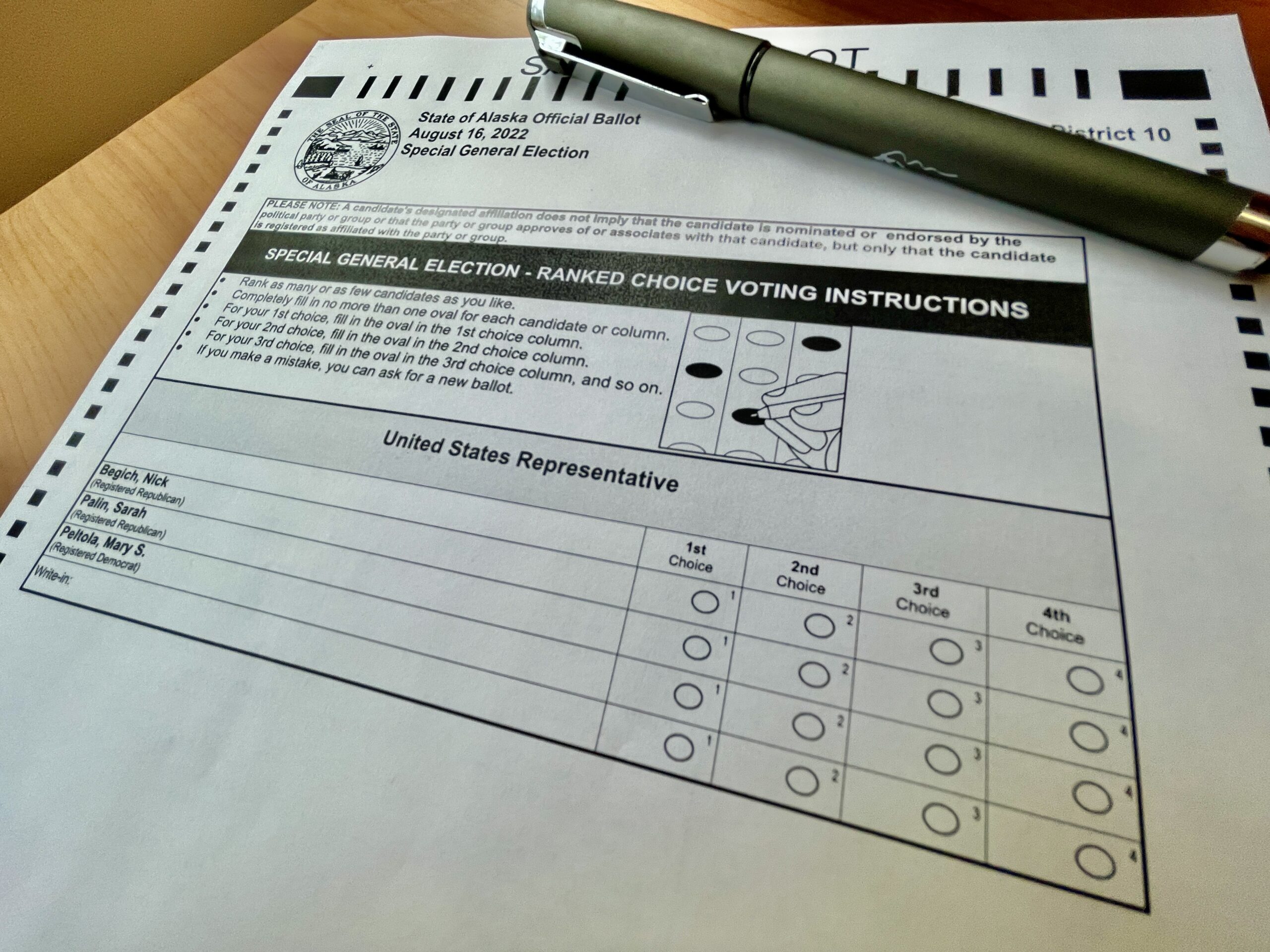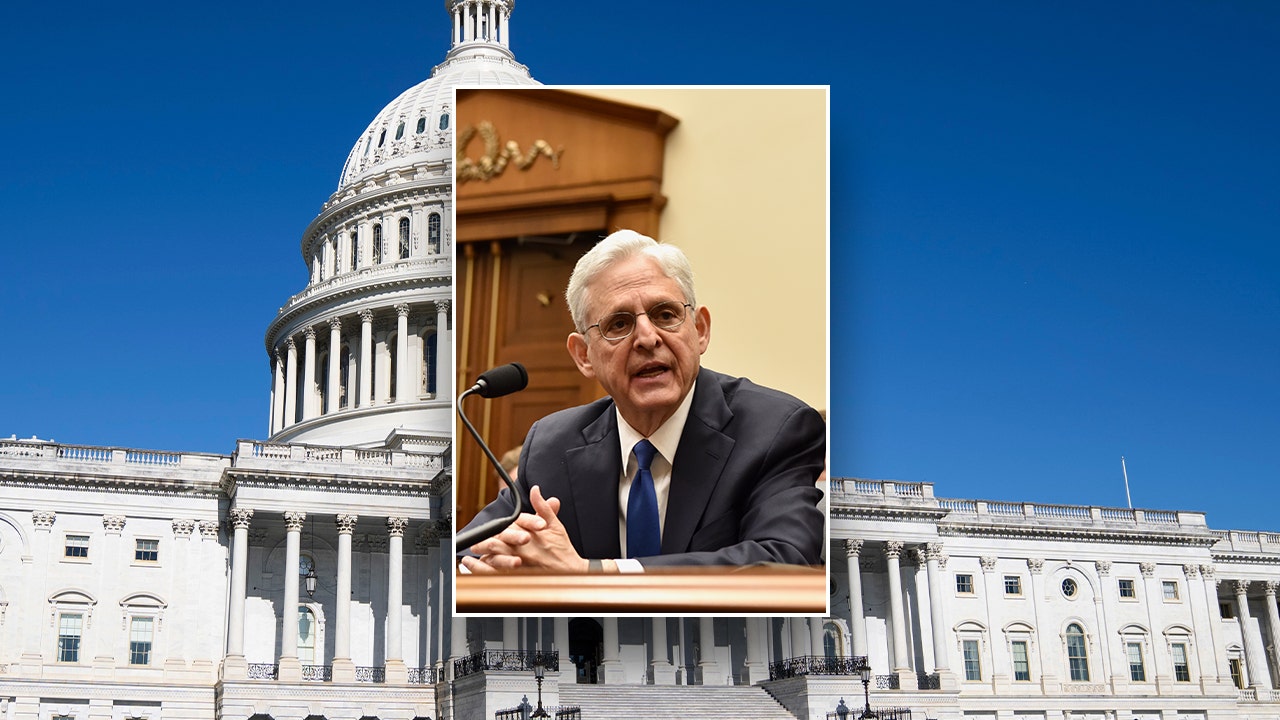ANCHORAGE, Alaska (KTUU) – The Alaska Judicial Council is accepting applications to serve as a justice on the Alaska Supreme Court after it announced Friday that Chief Justice Peter Maassen will retire in January 2025.
The vacancy will open when Chief Justice Maassen turns 70. The Alaska Constitution establishes that a state Supreme Court justice can stay on the bench until they reach 70 years of age.
“We will miss working with him,” Alaska Court System Public Information Officer Rebecca Koford said. “He’s been a wonderful presence. I haven’t met anyone who disliked working with him. He’s very professional. At the same time, he’s a very witty person, and his presence will be missed.”
Koford said she worked with Chief Justice Maassen at the Anchorage Youth Court, and describes him as a calm and even-tempered person, along with being thorough and thoughtful.
“Everyone that has worked with him is going to miss having him there,” Koford said. “I’m sure that whoever takes his place will also be a wonderfully competent justice, and I look forward to working with them as well.”
Maassen serves as the administrative head of the judicial branch of government, presides over Supreme Court arguments, appoints presiding judges for Alaska’s judicial districts and serves as the chair of the Alaska Judicial Council.
“The Chief Justice has additional duties, because they are also the administrative head of the court,” Koford said. “They oversee the administration, which includes things varied from HR to our information services, to my job as a public information officer, public outreach across the board, or the administration of the courts.”
The Alaska Judicial Council, established by the Alaska Constitution, comprises seven members who screen applications for all state judges including those from the Appellate, Superior, District and Supreme Courts.
“Being a judge is a hard job, and attorneys in this state think very long and hard about whether they’re even going to put their name in,” said Susanne DiPietro, executive director of the Alaska Judicial Council. “That’s part of the reason why we have a lengthy application period, because it’s a heavy decision to put your name in for this very public process.”
“People take it very seriously before they put their names in, and during the process,” she said. “It’s a hard and very rewarding job.”
The Judicial Council will spend the next several weeks receiving, vetting and investigating applications and applicants before sending a survey to all members of the Alaska Bar Association. Then, they’ll ask anyone with direct professional experience with the candidate to give information about their qualifications. There will be interviews, a public hearing and nominations. Final names are sent to the governor for a final appointment.
After being appointed as a state judge, public evaluations on a judge’s performances happen every couple of years when there’s a retention election. The public votes whether or not a state-appointed judge should remain on the bench. There are 19 judges up for retention this November.
“The process needs to be thorough, and it is a thorough process, because these are very important positions,” DiPietro said. “They’re tough positions, and you want to know as much as possible about each person who applies, to be able to gauge whether you think they’re going to be able to handle the intellectual and emotional challenges of the position.”
Maassen was born and raised in western Michigan, and got his law degree from the University of Michigan in 1980 after attending Hope College and Wayne State University Law School. Maassen and his wife Kay Gouwens arrived in Alaska in 1981. Chief Justice Maassen spent most of his legal career as a private practice attorney in Anchorage before being selected by the governor to serve on the high court in 2012. He was elected to the Chief Justice position in Febuary of 2023.
Copyright 2024 KTUU. All rights reserved.


/cloudfront-us-east-1.images.arcpublishing.com/gray/GVHCYS3ZHJG47GAXL5VXDOZHEE.bmp)

/cloudfront-us-east-1.images.arcpublishing.com/gray/QCK5QHVKAZHXJH4QWBNOEK4RTU.jpg)
:quality(70)/cloudfront-us-east-1.images.arcpublishing.com/mco/U3IUOY5ZIVHVHFGJ6M44NKDH5E.png)
/cloudfront-us-east-1.images.arcpublishing.com/gray/SHWNLFAQUFJG3LHXSCTCWKMABQ.jpg)






/cdn.vox-cdn.com/uploads/chorus_asset/file/24090206/STK171_VRG_Illo_3_Normand_ElonMusk_03.jpg)


















